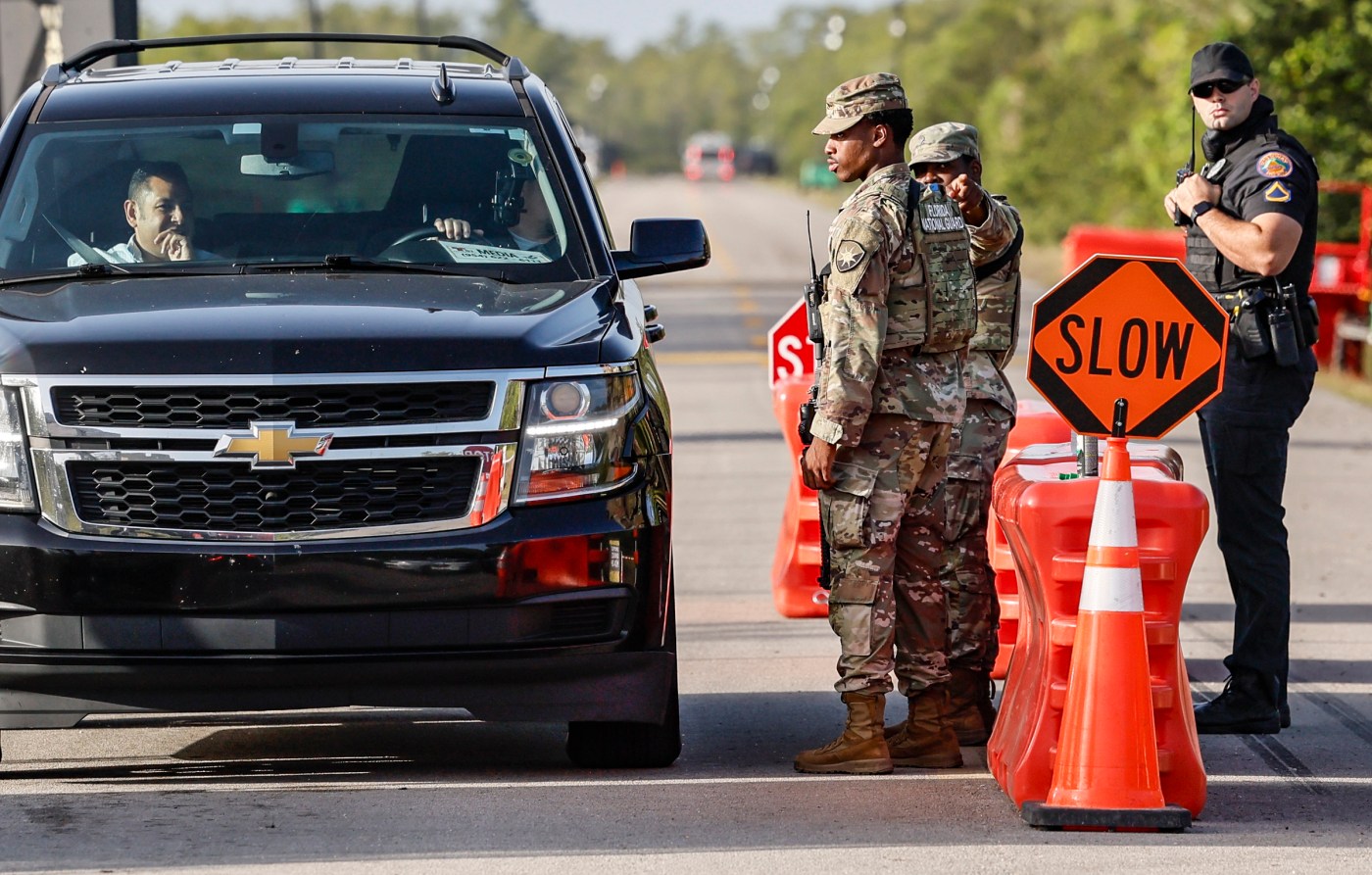The deployment of federal and National Guard forces in major cities has sparked significant concern among Florida leaders and residents. Recently, President Joe Biden dispatched troops to Los Angeles and is considering similar actions in Washington, D.C. Critics argue that this move undermines civil-military relations and the intended purpose of the National Guard, which is to serve local communities and respond to emergencies.
Major General (retired) Steven Lepper, a former Deputy Judge Advocate General of the United States Air Force, expressed unease over the trend of deploying National Guard members in urban settings. He noted that these servicemen and women did not enlist to engage in law enforcement duties in cities like Los Angeles or Washington, D.C. Instead, their primary mission is to aid in disaster response and ensure national security.
In both cities, the presence of military personnel has prompted protests from residents questioning the necessity of troops on the streets. The situation raises a critical question for Floridians: what could this mean for their own National Guard?
Political Implications and Local Readiness
Recent actions by President Biden include soliciting National Guard units from like-minded governors to assist in urban areas facing crime challenges. This has led to concerns that Florida’s National Guard could be called upon under similar pretenses. Should such a request be made, Governor Ron DeSantis faces a pivotal decision. It is essential for him to prioritize the National Guard’s apolitical mission in order to maintain its readiness for state and local emergencies and ensure the morale of the nearly 12,000 Army and Air National Guard members in Florida.
A notable example comes from Vermont Governor Phil Scott, who recently declined the president’s request for the Vermont National Guard to divert from their core responsibilities to assist federal law enforcement. This decision showcases the importance of maintaining the integrity of National Guard deployments and could serve as a model for leaders in other states.
The deployment of troops should never be driven by political motivations. Engaging military forces in civilian law enforcement can lead to dangerous precedents, compromising citizens’ rights and eroding trust in military institutions. Both Lepper and Major General (retired) Andrew Turley emphasize the need for an apolitical military that adheres to the Constitution and respects the delicate balance of civil-military relations.
The Importance of Local Focus During Hurricane Season
As Florida approaches hurricane season, the state’s National Guard plays a vital role in disaster preparedness and response. The previous hurricane season was particularly intense, featuring 18 named storms and 11 hurricanes, including three significant landfalls in Florida: Debby, Helene, and Milton. The readiness of the National Guard is crucial for ensuring that communities are supported during such emergencies.
Deploying troops to assist in federal law enforcement operations outside of Florida diminishes the Guard’s capacity to respond effectively to local disasters. It is imperative that military personnel remain focused on their primary mission of protecting Floridians and ensuring community safety.
The presence of armed military personnel in everyday settings should be approached with caution. Such deployments should only occur under extraordinary circumstances, such as natural disasters or acts of terrorism. The normalization of military forces in civilian life can evoke comparisons with authoritarian regimes, which is contrary to the values upheld by American democracy.
In conclusion, the Florida National Guard must remain dedicated to its mission within the state. The ongoing political climate and external pressures to deploy forces for law enforcement purposes could distract from their essential duties. Floridians deserve a National Guard that is focused on serving their needs, ensuring safety and security at home. Retired Major Generals Lepper and Turley advocate for keeping military personnel out of political disputes and prioritizing their readiness to assist in times of crisis.








































































